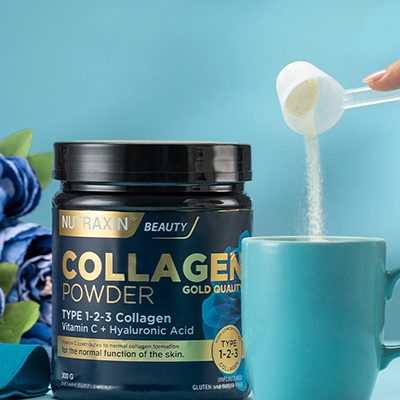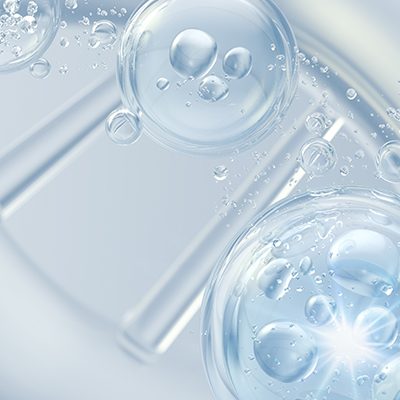Understanding Hyaluronic Acid: Benefits for Skin Health
What is Hyaluronic Acid?
Hyaluronic acid is a naturally occurring substance in the human body, primarily found in the skin, eyes, lungs, prostate and joints. It is renowned for its ability to regulate moisture content, thus contributing to a healthy and vibrant appearance. As a vital component of skincare, hyaluronic acid acts as a powerful humectant, drawing water into the skin and helping to keep it hydrated and plump.
The Role of Hyaluronic Acid in Skin Health
Hyaluronic acid plays several essential roles in maintaining skin health:
- Moisture Retention: This powerful substance can hold up to 1,000 times its weight in water, making it extremely effective at maintaining skin hydration.
- Elasticity and Firmness: By supporting moisture levels, hyaluronic acid helps keep the skin supple, reducing the appearance of fine lines and wrinkles.
- Wound Healing: Hyaluronic acid promotes quicker healing of skin wounds and may aid in reducing scarring.
Effects of Aging on Hyaluronic Acid Levels
As we age, the natural production of collagen and hyaluronic acid in the body decreases, which can lead to several skin issues:
- Wrinkles and Fine Lines: Reduced levels of these substances cause the skin to lose its elasticity and hydration, resulting in visible signs of aging.
- Dryness: A lack of moisture in the skin can lead to dryness and a dull appearance.
To combat these effects, hyaluronic acid is increasingly included in dietary supplements and topical products, providing a means to replenish levels and maintain skin health.
Benefits of Hyaluronic Acid
When taken as a supplement, hyaluronic acid has a range of benefits, particularly for:
- Joint Problems: Hyaluronic acid is crucial for lubricating joints, and supplementation can support joint health, especially in conditions like osteoarthritis.
- Skin Wrinkles: Regular use can decrease the depth and volume of wrinkles, enhancing skin brightness and moisture.
- Quick Healing of Wounds: Hyaluronic acid aids the healing process, helping wounds repair more swiftly.
- Dry Eyes: It can provide relief for individuals suffering from dry eye syndrome.
Considerations When Taking Hyaluronic Acid Supplements
While there are many hyaluronic acid preparations available, it’s essential to be cautious:
- Source of Hyaluronic Acid: Some supplements may use cockscomb extract, which can pose a risk for individuals with allergies to chicken or eggs. This consideration is particularly relevant for vegetarians and vegans, as alternative sources may be preferable.
- Pregnancy and Breastfeeding: The effects of hyaluronic acid during pregnancy or breastfeeding have not been fully established. Hence, it’s advisable to consult a healthcare professional before use during these periods.
- Cancer Considerations: Research indicates that cancer cells may be sensitive to hyaluronic acid. Individuals with a history of cancer or concerns about cancer should consult healthcare providers before starting supplementation.
Embracing Hyaluronic Acid for Skin and Joint Health
Hyaluronic acid is a powerful ingredient that supports skin vitality by enhancing hydration, elasticity and healing. As a supplement, it also provides significant benefits for joint health, making it a versatile nutrient for overall well-being. If considering hyaluronic acid supplementation, it’s prudent to consult with a healthcare professional to determine the best approach for your individual health needs.
While multivitamins can offer valuable support for overall health, it is essential to recognize that a balanced diet should remain the cornerstone of nutritional well-being. Multivitamins are intended to be a complementary measure and should not be considered a substitute for a diverse and nutritious food intake.
Note: It is strongly advised that individuals consult a healthcare professional prior to initiating any supplement, particularly if they have existing health conditions, are taking prescribed medications, or are pregnant.




